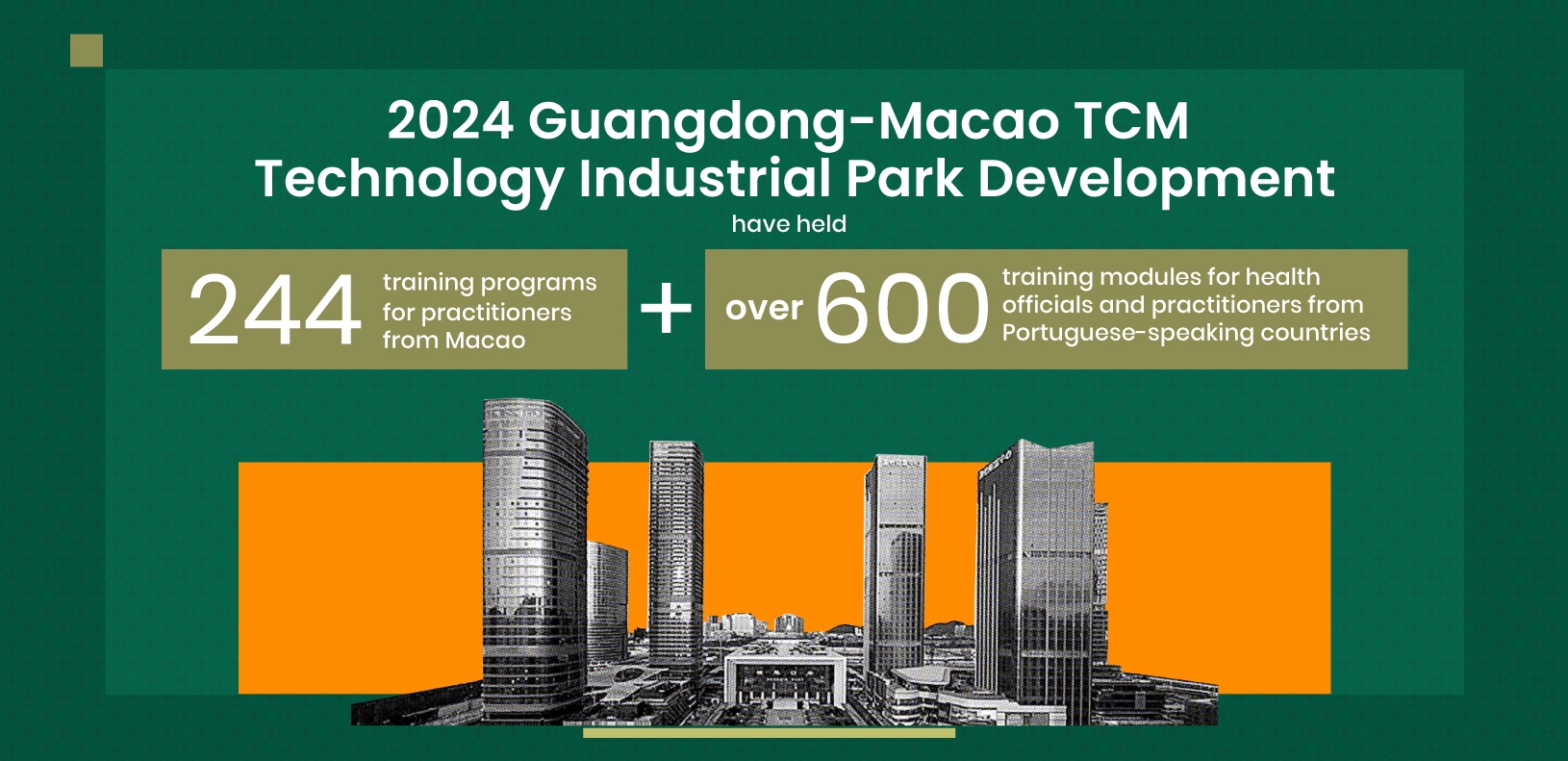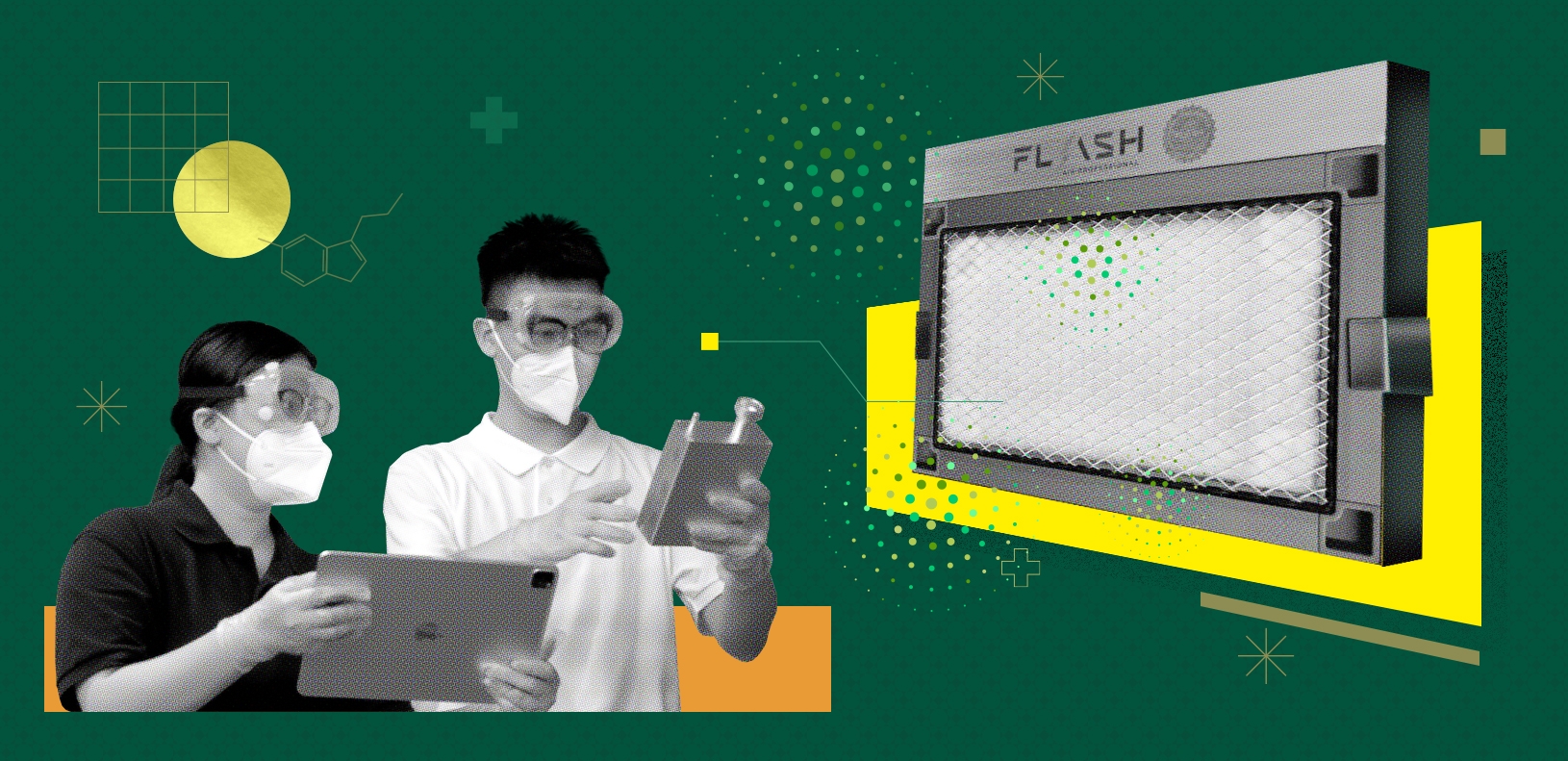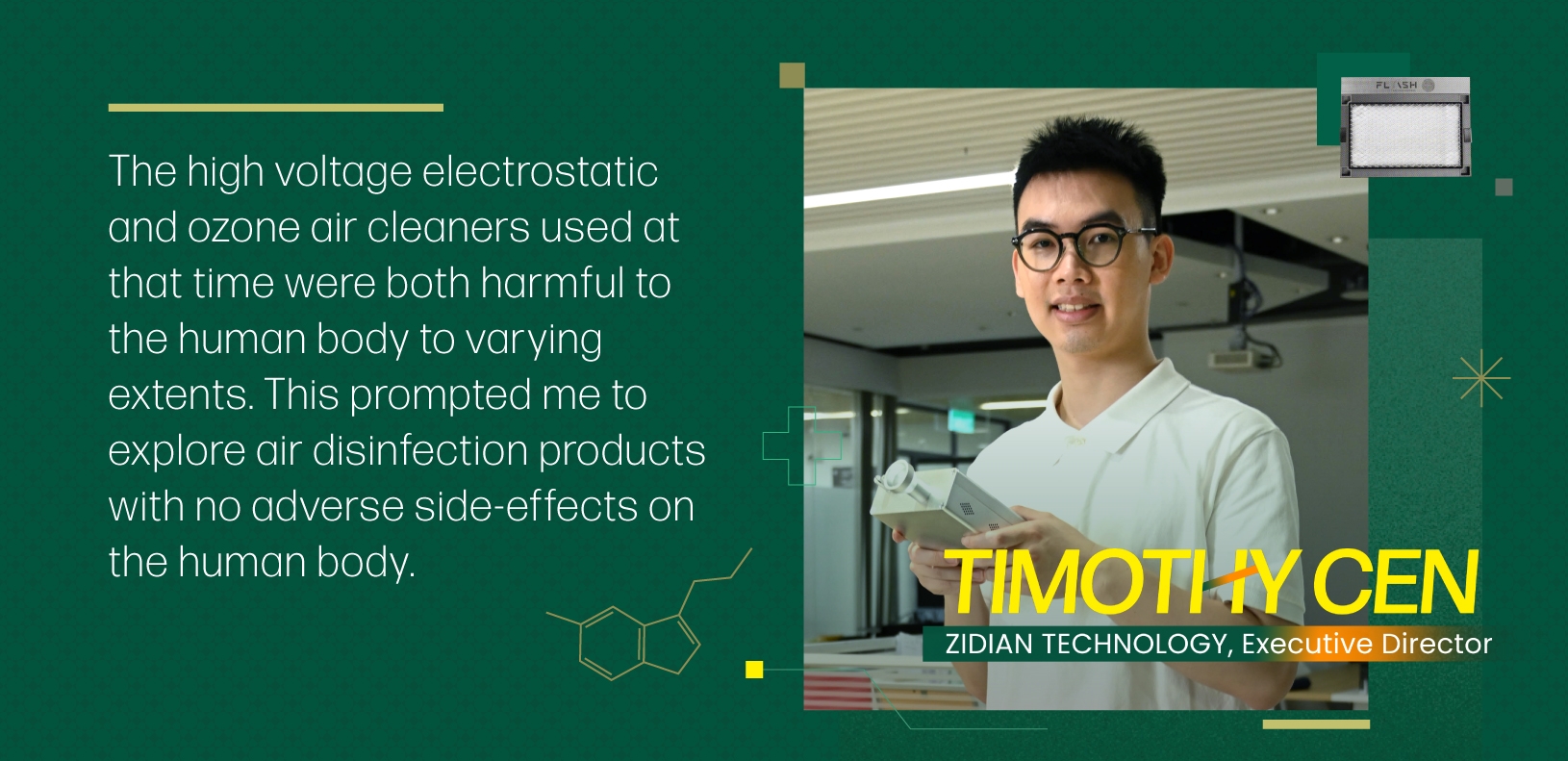Macao’s Big Plans for Big Health
How Macao plans to create a hub for medical tourism that blends modernity with traditional Chinese medicine.
Photo by Government Information Bureau of the Macao SAR
Amidst gleaming glass buildings and tree-lined streets, crowds of researchers and smartly dressed executives arrive for work at a special industrial park. At first glance, the modern buildings give the impression of a Silicon Valley-style tech campus, but closer inspection reveals this is The Traditional Chinese Medicine Science and Technology Industrial Park of Co-operation between Guangdong and Macao (GMTCM Park).
This is part of Macao’s plans to develop what it calls its “big health industry,” a blanket term that includes medical services and health tourism alongside traditional Chinese medicine (TCM) foods, products, and practices.
Although best known for its hospitality and gaming amenities, Macao is diversifying its economy to stimulate growth and reduce the risk of any future economic shocks.
This has led to the creation of the Guangdong-Macao In-Depth Co-operation Zone of Hengqin, where the GMTCM Park is located. A business-friendly environment that offers incentives to enterprises and employees, plus tariff-free movement of most goods between Macao and Hengqin. There, companies registered in Macau that have their production facilities in Hengqin can receive up to $2.2 million of subsidies for each of their products.2

Plus as a former Portuguese colony, Macao has strong ties with Portuguese-speaking countries worldwide, ties which make Macao an ideal location for the export of products and ideas.
“We pay special attention to the training of practitioners of TCM from Macao and Portuguese-speaking countries,” Wu Wong, President of the Guangdong-Macao TCM Technology Industrial Park Development said in a recent interview. “This year we have held 244 training programs for practitioners from Macao and over 600 training modules for health officials and practitioners from Portuguese-speaking countries.”3
With its mission to develop and export TCM products and services, GMTCM Park has set up a good manufacturing practices (GMP) pilot production base that meets both Chinese and EU certification standards, along with facilities for R&D testing and business incubation.
Since its launch in 2021, GMTCM Park has already found success, having registered 13 TCM products in Mozambique and 9 in Brazil, with long-term plans to get more TCM products accepted in the European market.

Macao As a Growing Hub for Medical Tourism
In addition to TCM, Macao is positioning itself as a state-level regional medical center in the interest of growing medical tourism from China and further afield.
One of the biggest developments in this area is the construction of the Macao Medical Center of Peking Union Medical College Hospital, more commonly referred to as Macao Union Hospital.
This large-scale comprehensive public medical institution, which finished its pilot phase and officially opened in September 2024, is now Macao’s largest hospital with 852 beds, 26 operating rooms, a nursing school, and a central laboratory, including advanced equipment and treatment for cancer and other rare diseases.4
Jointly operated and managed by the Macao SAR government and the internationally renowned Peking Union Medical College Hospital, Macao Union Hospital represents cooperation between the Macao SAR government and mainland China as part of the “one country, two systems” policy.
The hospital’s official launch also held special significance, as it coincided with the “double celebration” of the 75th anniversary of the founding of the People's Republic of China and the 25th anniversary of the establishment of the Macao SAR.5

Speaking at the opening ceremony, Macao Chief Executive, Mr Ho Iat Seng said the project represented a significant milestone in Macao’s healthcare services and would help meet the demand for medical services in Southeast Asia, as well as improve the health and overall well-being of Macao residents.6
Yet even more construction is scheduled over the coming years, with the creation of a specialist 300-bed rehabilitation hospital due to be completed in 2027,7 further solidifying Macao’s new position as a regional health hub.
Nurturing Health-Tech Startups
Beyond these major new constructions, Macao is also supporting new health tech startups like Macao-based company Zidian Technology Co., founded by Timothy Cen in 2019 while he was studying psychology at the University of Macau.
Cen’s dream of starting his business dates back to 2003 during the SARS (Severe Acute Respiratory Syndrome) outbreak. “My uncle was a frontline doctor,” he explains. “The high voltage electrostatic and ozone air cleaners used at that time were both harmful to the human body to varying extents. This prompted me to explore air disinfection products with no adverse side‑effects on the human body.”
Seeing an opportunity, Cen and his team set to work developing an indoor aseptic maintenance device for medical using Zidian Tech’s patented air disinfection technology.
“Unlike traditional mechanical filtration technologies that use ozone and ultraviolet rays, ours is a kind of ozone‑free instant air disinfection and cleaning technology that allows the room to be disinfected even when there are people in it.”
“These are suitable for use in operating theatres, infectious disease wards, consultation rooms, and other hospital units where an aseptic environment is required. They can also be used in hotel guestrooms and public places with high footfall, such as public transits, airports, and schools.”
As a result of this breakthrough, Cen received many awards including the Outstanding Young Entrepreneurs of the Guangdong-Hong Kong-Macao Greater Bay Area Award, and his products are already being used in medical facilities across Macao, with plans to expand into Southeast Asia over the coming years.
Yet Cen acknowledges that his success has been helped by the wide variety of assistance provided by the University of Macau, The Centre for Innovation and Entrepreneurship, and the Macao Young Entrepreneur Incubation Centre, which provided mentoring, networking, and interest-free loans.
“The Macao Government is always supportive of young people starting their business and the University of Macau provides them with funding support, there is a very good entrepreneurial environment here.”
Thanks to Macao’s concerted effort to grow its big health industry, including TCM, medical tourism, and the health tech sector, Macao’s newly diversified economy looks healthier than ever.
